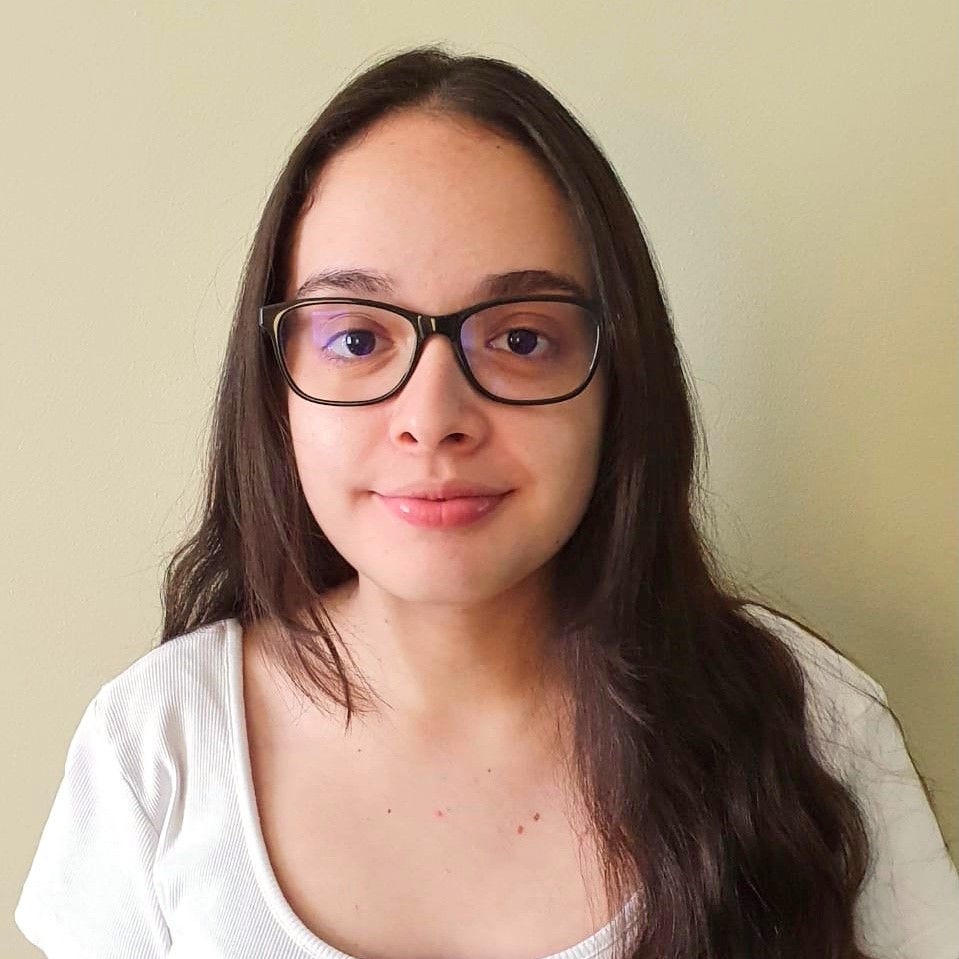People often talk about democratic instability, but where in the conversation do we discuss the people who sustain and save contemporary democracies?
People often talk about democratic instability, but where in the conversation do we discuss the people who sustain and save contemporary democracies? This is a question of interest for those living in a democratic country, whether it is totally stable, has deficiencies, or is in a transition process. The 15th of September marks the International Day of Democracy, a United Nations initiative, which highlights the importance of fighting for the well-being of our democracies and placing people at their centre.
As the International Day of Democracy is an essential date to reflect on a global cause, one of the main pillars of this system of governance must be considered: participation. The British feminist and political theorist, Carole Pateman, postulates that, apart from the classic democratic myth based on the notion of the State as a social contract that sometimes becomes limiting and questionable, the participation of all citizens must be positioned as a cornerstone of the progressive and benevolent development of democracies. In this article, I will explore the participation of youth as the key to saving democracies from setbacks, the increasing number of authoritarian leaders and the establishment of dictatorships that move against the most basic of human rights.
Democratic governments are not static and that is the ideal. They must be continuously changing and evolving, as their societies and cultures do the same. That is why different challenges arise that put the democracies of the Global South and Global North on a tightrope. However, solutions have also been appearing – or rather, young people are becoming actively involved in the commitment of correcting the health of contemporary democracies. Examples of youth who have had an impact on the ongoing struggle for democracy and what it entails from different angles, be that political, environmental, social, and economic issues, include Vanessa Nakate (Uganda), Xiye Bastida (Mexico), Malala Yousafzai (Pakistan), Alexandria Ocasio-Cortez (USA), Manu Gaspar (Philippines), Greta Thunberg (Sweden), and many more.
The greater the participation of youth, the less vulnerable and fragile democracies will become.
In tackling the challenges democracies face, there are opportunities for young people to become focal points in the creation of mechanisms to strengthen both their democratic citizenship and the systems of governments/governance themselves.
The rise of populism and (neo)populisms
Steven Levitsky and Daniel Ziblatt explain how populism is becoming a new way of conducting politics worldwide in thier book "How democracies die".These types of phenomena have permeated both electoral processes and the daily lives of people. Faced with this, young people must fight against populist, extremist (regardless of whether they are left or right wing) and manipulative speeches, attitudes, and actions. How can you eradicate the influence of these trends? The following point can bring a little insight into this matter.
The era of (dis)information
At a time when misinformation, fake news and post-truth dominate, truthful and reliable information becomes an essential resource to combat these phenomena that damage democracies and make them sick. Youth can become agents of change, by creating their own reliable content and sharing it on digital platforms or face-to-face) to achieve greater reach and, in turn, take the spotlight off false information. Nowadays, there are many projects around the world where young people report on current issues and areas of global interest. Additionally, where democratic institutions have deteriorated, young people must get involved and become leaders to recover citizen trust in institutions and systems.
Increased abstentionism and political apathy
In the Latin American region, studies from research centres such as LAPOP and Latinobarómetro have shown that people are increasingly losing interest in politics. Moreover, in Costa Rica, a similar tendency towards apathy and political discontent in general has been observed during recent years by one research centre of the University of Costa Rica, which hasn’t been helped by the strong presence of adult centrism that has hampered the full participation of youth in local and national politics. Therefore, young people must break these social norms by building support networks among those with similar interests so that it isn’t possible for them to continue to be excluded from policy discussions. In addition, in different advocacy and decision-making spaces, young people can promote legal initiatives, policies, or other projects where they can establish youth quotas in institutions, political parties, and other places within the sphere of public power.
Democracies cannot exist without the active role of youth
There are no lasting and full democracies without youth involvement and participation. This applies not only to the decision-making processes, but more broadly as young people will build and shape their present and their future as they envision. The International Day of Democracy serves as an annual reminder, but we need to go further: youth must cross any physical and virtual borders to join efforts for the benefit of the restoration of democracies around the world, without leaving anyone behind.
The greater the participation of youth, the less vulnerable and fragile democracies will become.
The answer to the title of this article is a resounding no.
No democracy can be saved without youth.
Youthwise is the OECD's Youth Advisory Board, bringing young people's perspectives into OECD work. The views expressed in this article are of the individual Youthwise member(s). The views shared do not represent the views of the OECD, its membership and its staff.
